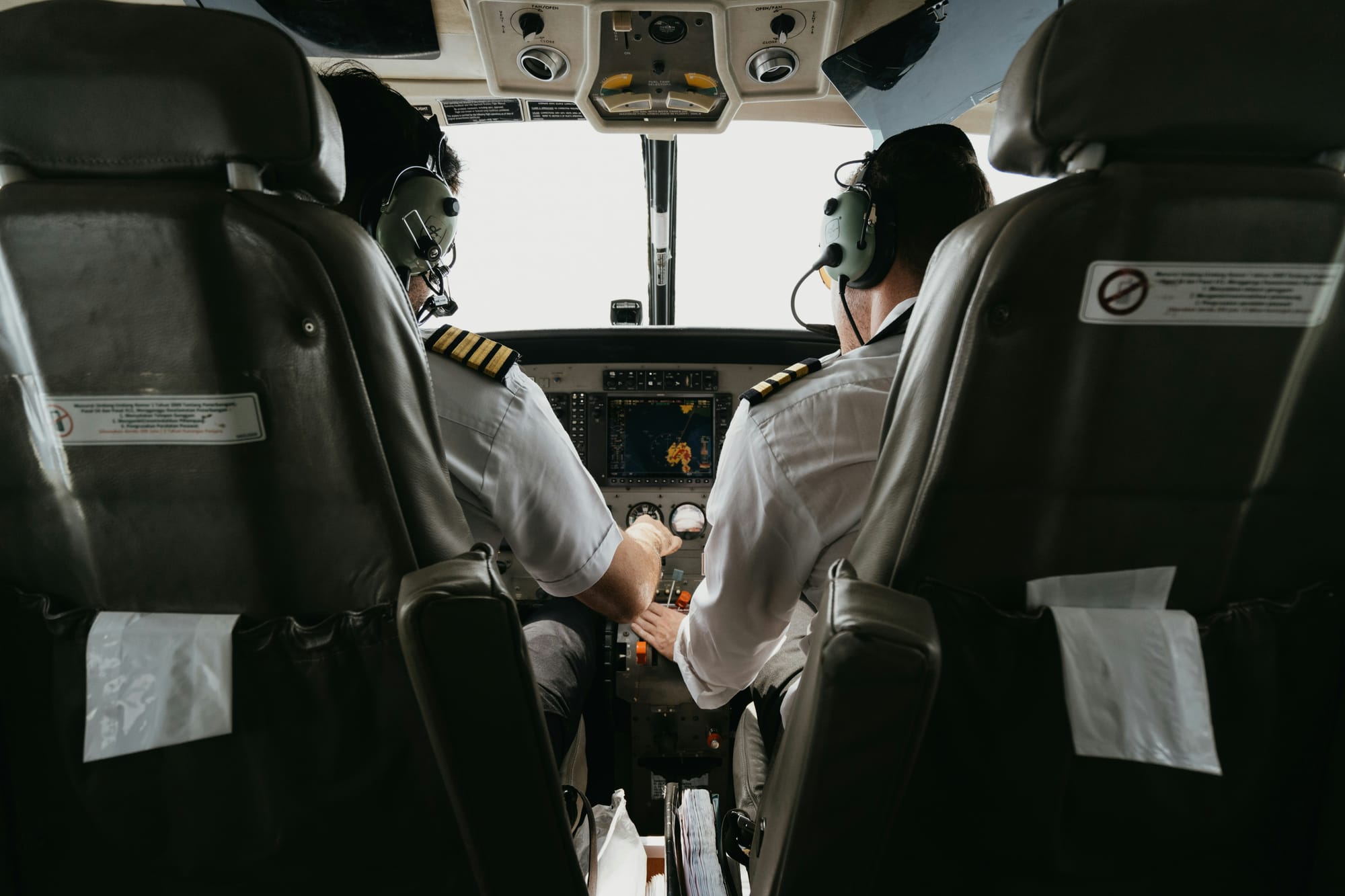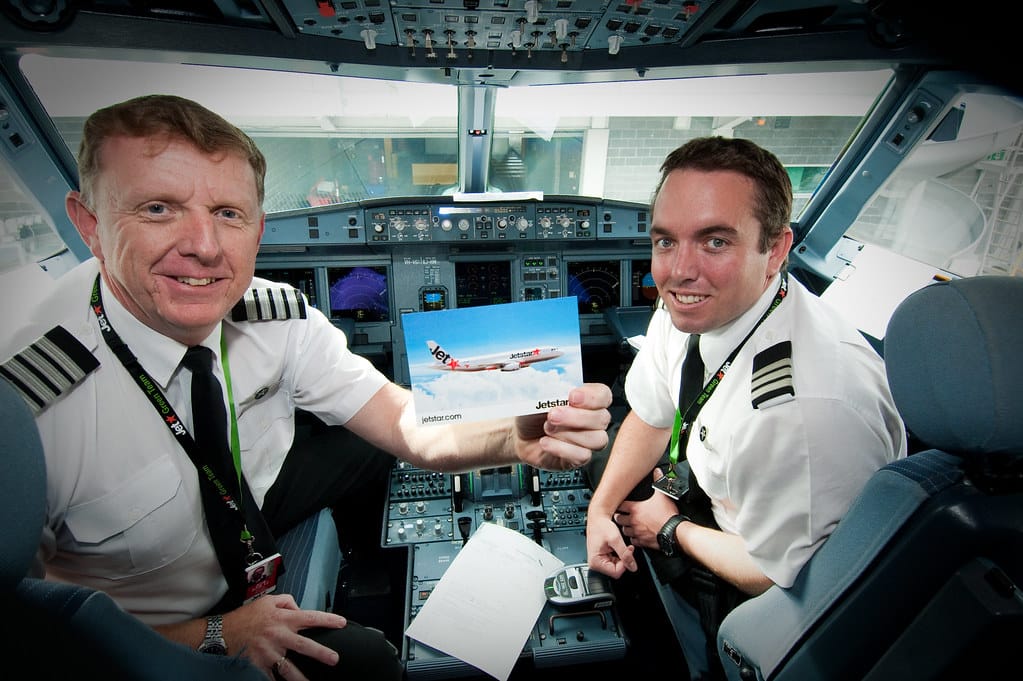Flying Standby: Do Airline Employees Pay for Flights?
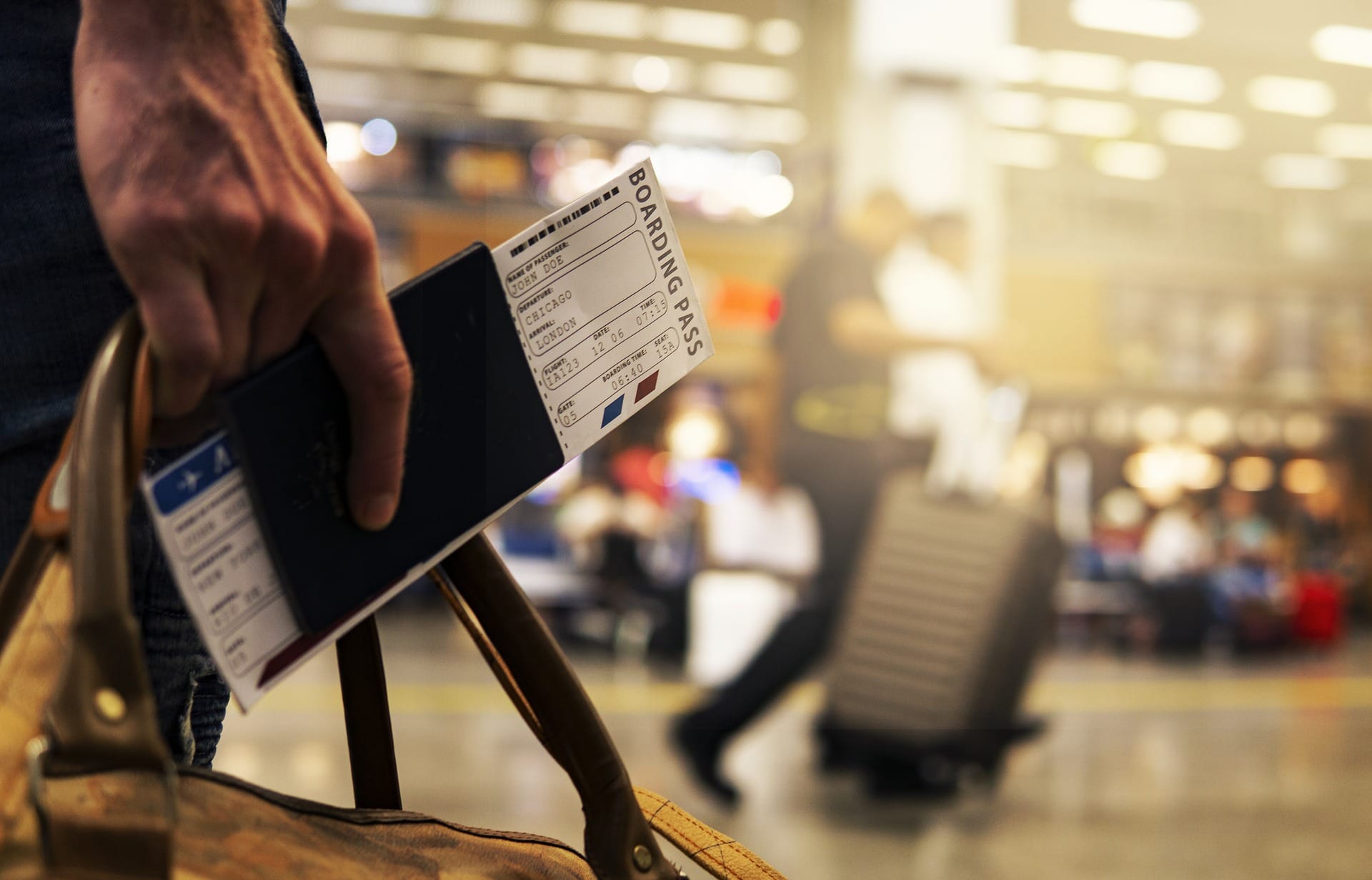
Working for an airline has its perks, and one of the most coveted benefits is the ability to travel for free or at a significantly reduced cost. This is commonly known as non-revenue travel (often shortened to "non-rev"). Airline employees, and sometimes their family members, can enjoy access to available seats on flights, but the process of non-rev travel comes with its own rules, nuances, and limitations. So let's explore how airline employees take advantage of these benefits and the potential costs they still incur.
What is Non-Revenue Travel?
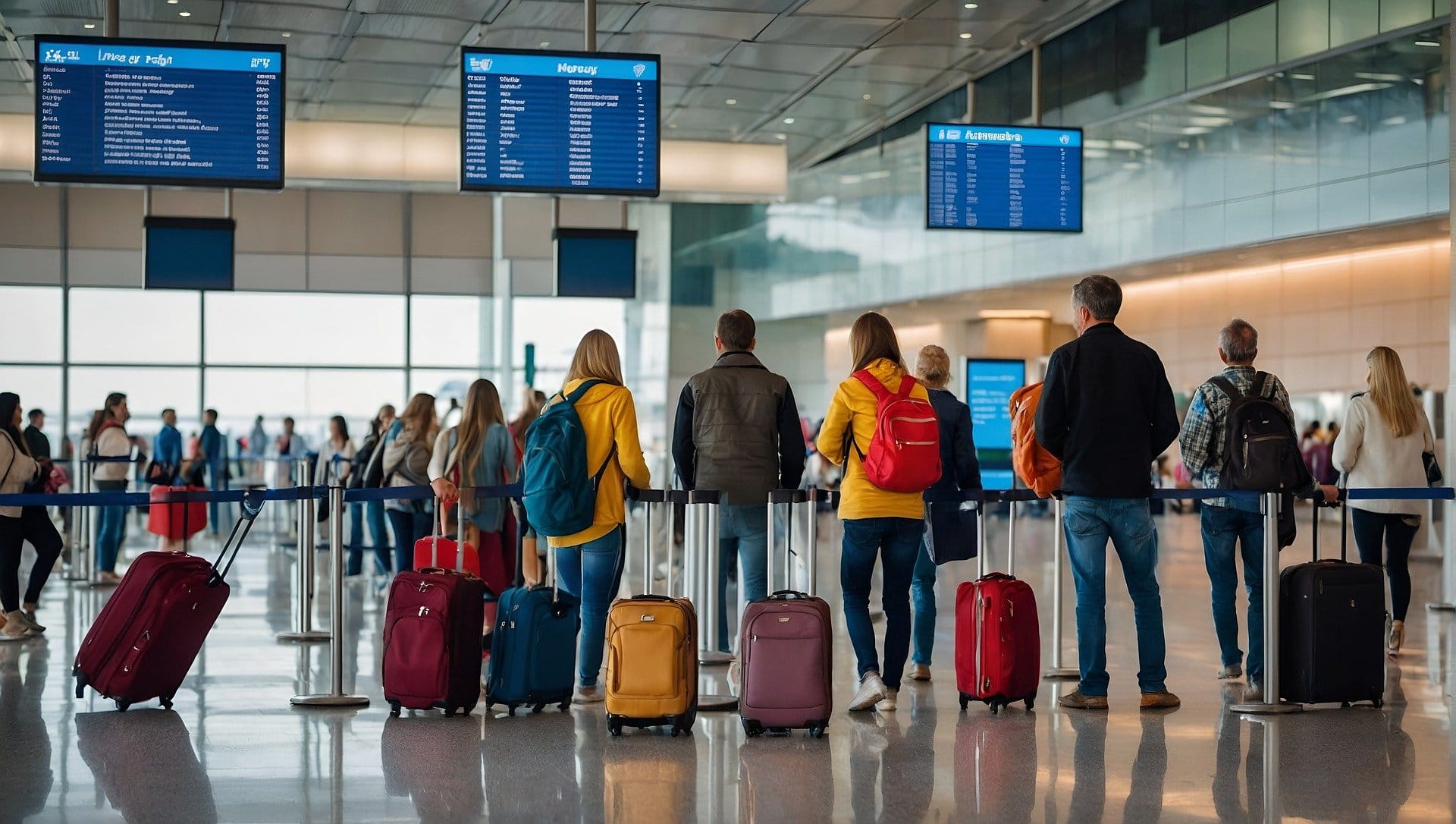
Non-revenue travel refers to when airline employees, their dependents, or designated travel companions fly without purchasing a full-price ticket. The term "non-revenue" implies that the airline isn’t making a profit from these passengers. This is because these travelers typically only occupy seats that remain unsold after paying customers have been accommodated.
Non-rev travel falls under several categories, such as:
- Space-available (standby): Employees can fly for free or at a minimal cost, but only if there are empty seats available once all paying customers and necessary cargo have been boarded.
- Positive-space: In rare instances, employees can be guaranteed a seat by booking in advance, though they might pay a small discounted fee.
While these flights may be incredibly cost-effective, they are not always guaranteed. Employees must sometimes wait until the last minute to see if a seat is available. Peak travel seasons, such as holidays, can make non-rev travel particularly uncertain.
Do Airline Employees Pay for Their Flights?

In most cases, airline employees do not pay for the seat itself. However, there can still be associated costs when taking advantage of non-revenue travel. While employees don't pay a traditional fare, they are often responsible for certain mandatory fees, primarily related to airport taxes, country entry or exit fees, and any other government-imposed charges.
These fees can vary widely depending on the country or even the specific airport. For instance, some international destinations impose taxes on all arriving passengers, regardless of whether they purchased a ticket. Additionally, certain countries require passengers to pay departure taxes when leaving.
For example:
- U.S. Departure Taxes: When leaving the United States, there is typically an international departure tax included, and non-rev passengers are not exempt from paying this.
- Caribbean and European Countries: Many destinations in these regions charge entry fees to help support airport maintenance or tourism programs, even for non-paying passengers.
These fees are typically modest but can add up depending on how often an employee travels internationally.
How Does the Process Work?
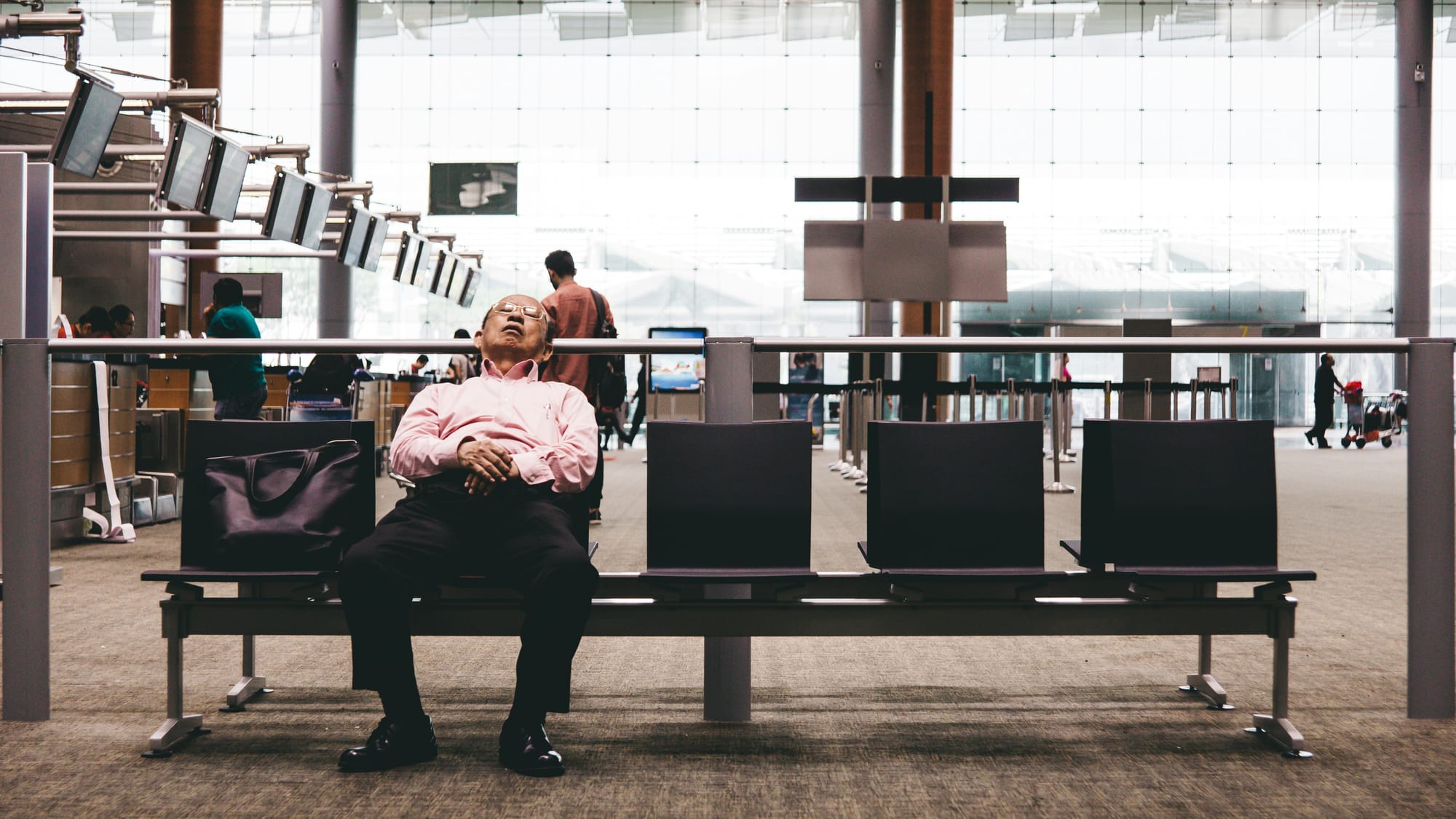
Airline employees looking to travel will often log into a company portal or booking system where they can request a seat on a desired flight. They are then placed on a standby list, which ranks passengers based on factors such as seniority, time of request, and sometimes even performance or employment level.
The waiting process can be nerve-wracking. Employees have no guarantee they’ll make it onto the flight, especially if it’s nearly full. Popular flights, peak times, and desirable destinations make the likelihood of getting a seat lower. Non-rev travelers also need to be flexible with their plans, as they may be bumped off a flight if paying customers need a seat.
Final Thoughts
For airline employees, non-revenue travel is an extraordinary benefit that offers the chance to explore the world at a fraction of the cost. Though the flexibility of flying for free is enticing, it comes with its own unique challenges—especially the uncertainty of flying standby and having to pay small fees for country entry or exit.
Ultimately, while airline employees don’t usually pay for the actual flight itself, they are still responsible for covering taxes and fees associated with international travel. Nonetheless, this benefit provides an incredible opportunity for affordable, albeit sometimes unpredictable, global travel. Whether it’s a spontaneous weekend getaway or a last-minute flight across the country, non-rev travel is one of the major advantages of working in the airline industry.


